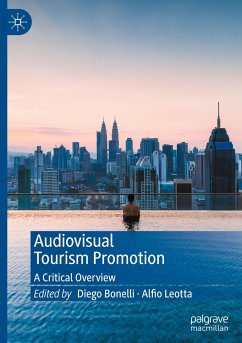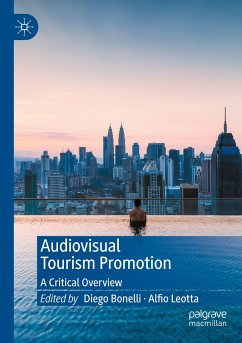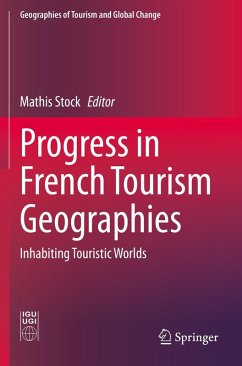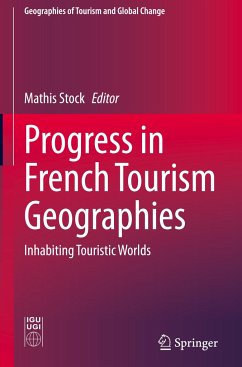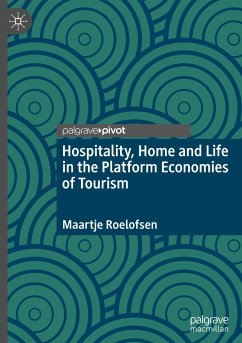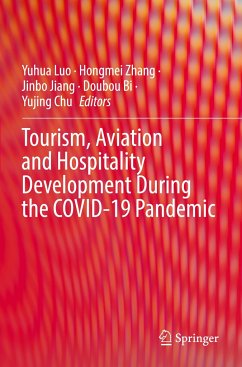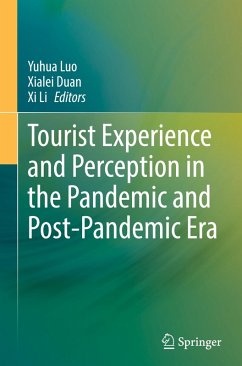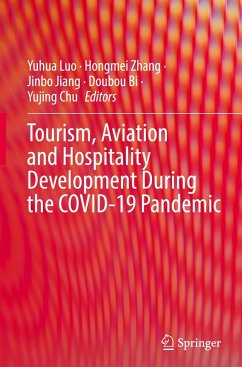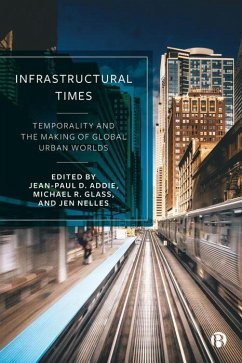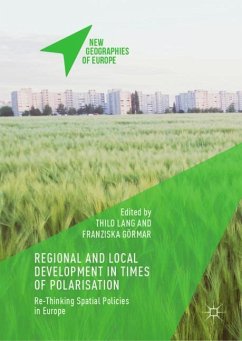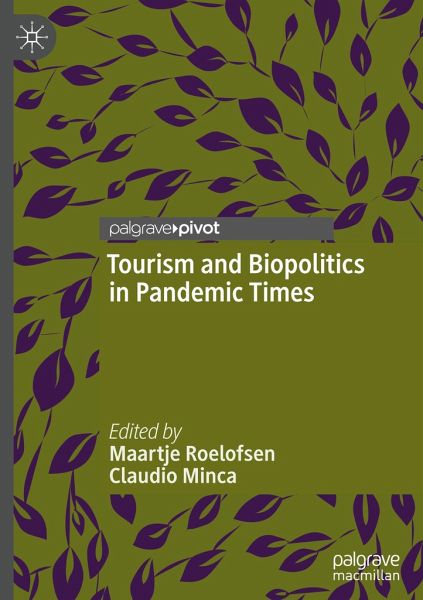
Tourism and Biopolitics in Pandemic Times

PAYBACK Punkte
17 °P sammeln!
This edited collection brings together interventions on the geographies of tourism in pandemic times approached from a biopolitical perspective. Whilst the "management of bodies" has always been a constitutive part of tourism and its spatialities, the COVID-19 pandemic has prompted the emergence of entirely new "states of exception" and emergency regimes, geared towards tight restrictions and control over the mobility and embodied practices of millions of travelers and tourists. Debates in tourism over the "politics of life", now more than ever, ought to concern health and wellbeing for both i...
This edited collection brings together interventions on the geographies of tourism in pandemic times approached from a biopolitical perspective. Whilst the "management of bodies" has always been a constitutive part of tourism and its spatialities, the COVID-19 pandemic has prompted the emergence of entirely new "states of exception" and emergency regimes, geared towards tight restrictions and control over the mobility and embodied practices of millions of travelers and tourists. Debates in tourism over the "politics of life", now more than ever, ought to concern health and wellbeing for both individuals and selected populations, not in the least because tourism has provided in many instances the socio-spatial conditions for the virus to spread. This book intends to show how a biopolitical analytical framework may provide a set of insights and critical perspectives that are key to the understanding of contemporary tourism practices and regimes of mobility, security, and in/exclusion - particularly in relation to the COVID-19 pandemic.



